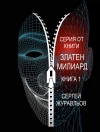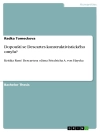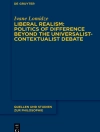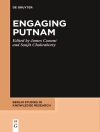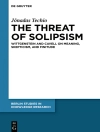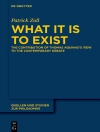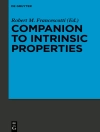Wittgenstein used the concept of language games to refer to all forms of linguistic expression in practical contexts and to the myriad ways in which signs are used in language. He used the term to specify speaking as an activity and to relate it to a form of life. Wittgenstein was well aware that his proposal for “language games” did not solve the central problems of language. Until today, the essential characteristics of the concept remain unspecified.
The contributors in this volume analyze the reasons for the difficulties in understanding the concept and propose new essential characteristics and contents, by examining language games such as certainty and error, belief, strategy, and their linguistic foundations.
Sobre o autor
Jesús Padilla Gálvez, University of Castilla-La Mancha, Toledo, Spain; Margit Gaffal, Complutense University of Madrid, Spain.


